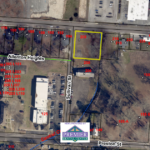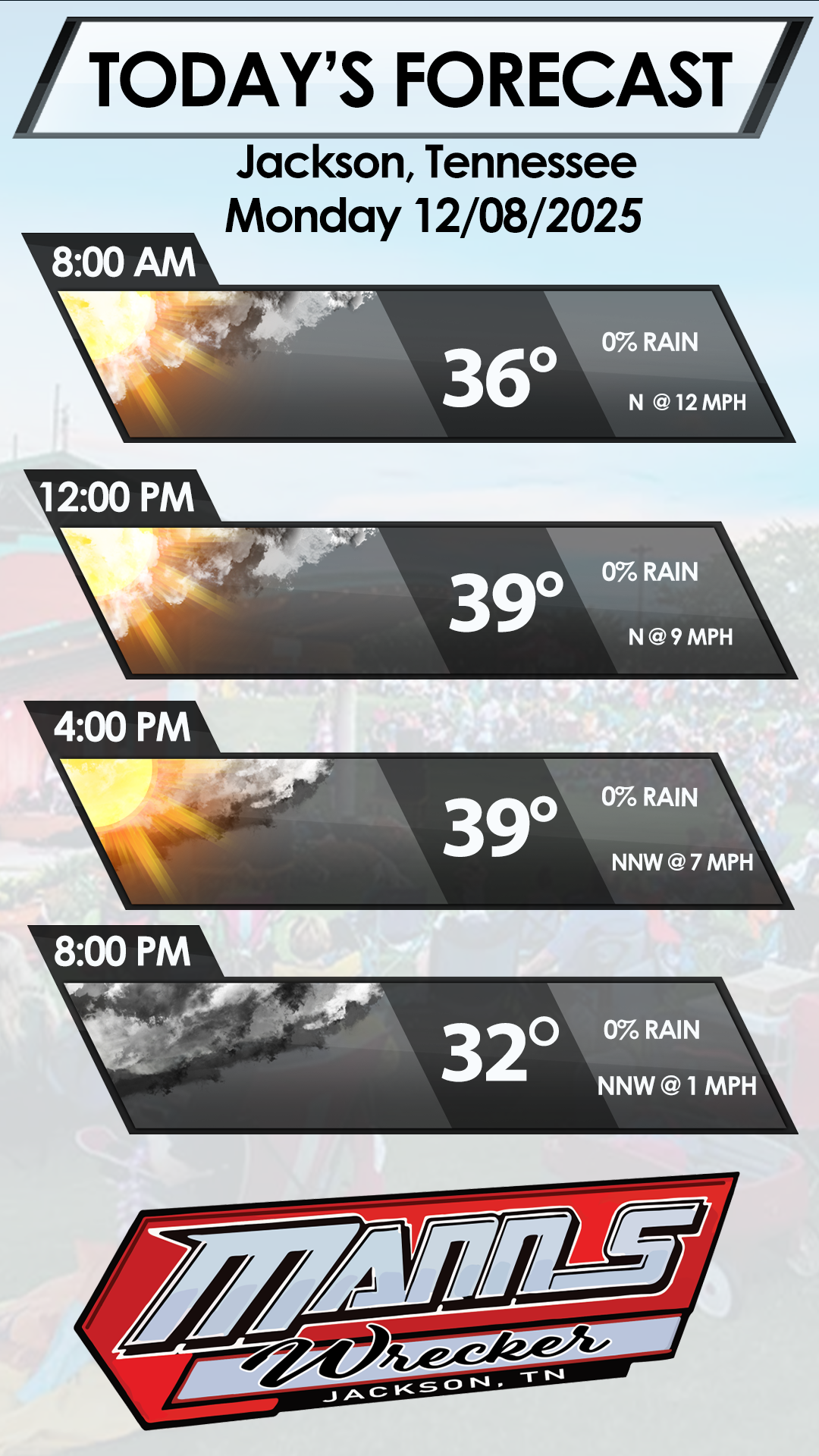Caleb Meriwether, Haven Insurance Partners, visits with Dan Reaves, host of ‘The Dan Reaves Show,’ today, and each Wednesday at 3:30 p.m., to discuss all things insurance.
When you hire someone to trim or remove trees, you’ll often see the phrase “licensed, bonded, and insured.” It sounds professional — but what does it actually mean, and why should you care?
Let’s break it down in plain English.
- Licensed: Legally Approved to Do the Job
Being licensed means the company has permission from the state or local government to perform tree-trimming work.
That license shows they’ve met certain requirements — like experience, training, and safety standards — and are accountable to a governing body.
Example –
If “Jackson Tree Care” has a Tennessee contractor or arborist license, it means they’ve passed the necessary exams and are legally allowed to do tree work in your area. If an unlicensed company causes damage or gets hurt on your property, you could end up with the liability.
- Bonded: Protection if the Company Doesn’t Follow Through
A bond is like a financial safety net for customers.
When a company is bonded, it has purchased a bond from a bonding company that guarantees compensation if the business fails to do what it promised — such as completing a job, honoring a contract, or fixing damage it caused.
Examples –
- You pay a $1,500 deposit for a large trimming job, and the company never shows up. If they’re bonded, you can make a claim against the bond to recover your money.
- A crew knocks over your mailbox while backing up their truck, says they’ll fix it, but never do. The bond helps ensure you’re not left paying for their mistake.
- A city might require a performance bond before allowing a company to remove public trees — it guarantees the job will be done safely and completely.
A bond gives you confidence that the business is serious and financially accountable.
- Insured: Coverage if Accidents or Injuries Happen
Being insured means the company has active insurance policies to protect both you and them if something goes wrong.
There are usually two main kinds of insurance –
- General Liability Insurance– covers property damage or injuries to others.
b. Workers’ Compensation Insurance– covers employee injuries on the job.
Examples –
- A falling limb smashes your car’s windshield while they’re cutting — the company’s liability insurance pays for repairs.
- A rope snaps and drops a large branch through your neighbor’s fence — again, liability insurance covers the damage.
- A worker cuts their hand with a chainsaw and needs stitches — workers’ comp insurance covers their medical bills and lost wages.
- A storm hits mid-job and the company’s equipment damages your driveway — liability coverage helps pay for cleanup and repairs.
Without insurance, those costs could easily fall back on you as the homeowner.
Why It Matters
Tree work can be dangerous. Chainsaws, heavy limbs, and high ladders leave little room for error.
By hiring a licensed, bonded, and insured tree-trimming company, you’re protecting your home, your wallet, and yourself from risk. It’s peace of mind that the people working on your property are trained, accountable, and covered if something goes wrong.
Bottom line – Always ask for proof that the company is licensed, bonded, and insured before they start work — and don’t be shy about checking the expiration dates. It’s one of the simplest ways to make sure your trees (and your property) are in good hands.

















